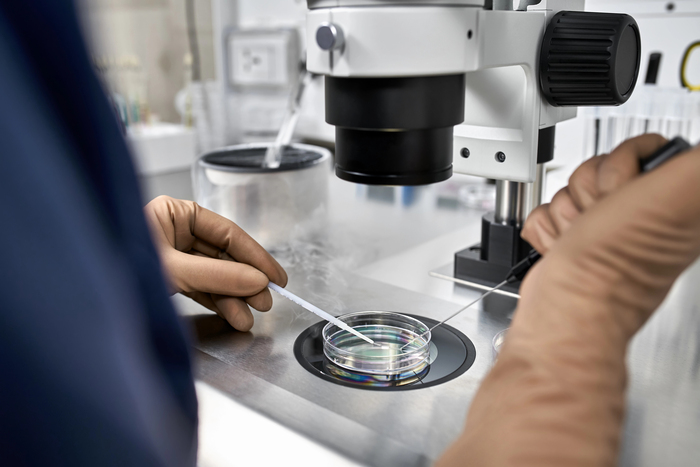Fertility Preservation: A Way to Keep Your Future Open
What Are the Options for Fertility Preservation?
When it comes to preserving your fertility, there are several options. The best one for you depends on your situation and what you're looking to achieve.
• Egg Freezing: If you're not ready for kids but want to keep that option open, egg freezing might be right for you. You freeze your eggs when they’re still healthy so you can use them when you're ready to start a family.
• Sperm Freezing: Men often consider sperm freezing if they’re facing treatments like chemotherapy or want to delay starting a family. It’s a simple, effective way to preserve fertility for later.
• Embryo Freezing: If you and your partner are ready to make embryos but aren’t quite prepared to conceive, embryo freezing can be the perfect option. It allows you to use those embryos later when the time is right.
Other options, like ovarian tissue preservation, are also emerging. Though still being researched, they may offer additional possibilities for preserving fertility in the future. (Source: Oxford Academic)

Why Consider Fertility Preservation?
Opting for fertility preservation isn’t about rushing into anything—it’s about giving yourself more options in the future. It’s all about control, especially if you’re not ready to start a family now but want the option to do so later when the timing feels right.
If you're facing medical treatments that might affect your fertility, like chemotherapy, preserving your eggs or sperm gives you peace of mind. You don’t have to worry about what happens after your treatment. You’re giving yourself a chance at a family down the line. (Source: WHO)
A Few Things to Think About
It’s important to note that timing plays a huge role when it comes to fertility preservation. For women, fertility naturally declines with age, so the earlier you start, the better. That’s why talking to a fertility specialist early on is key—they can help you figure out the best course of action.
Cost is another consideration. While fertility preservation is a powerful option, it can be expensive. The costs can add up depending on the method you choose and how long you store your samples. It’s a good idea to have a conversation about the costs upfront so you’re not caught off guard. (Source: NHS)
What works for one person may not be the right fit for someone else, so it’s essential to take a personalized approach. Your fertility journey is unique to you, and an expert can help guide you through what will work best for your situation.
Next Steps
If you think fertility preservation is something you’d like to explore, the best place to start is by talking to a fertility expert. They’ll explain all the options, give you honest advice, and help you make a decision that feels right for your future. It’s all about empowering you to make the best choice for your circumstances.
Sources:
Oxford Academic - Academic.oup.com/hropen/article/
WHO - WHO.int/news-room/fact-sheets/detail/infertility
NHS - NHS.uk/conditions/ivf/






